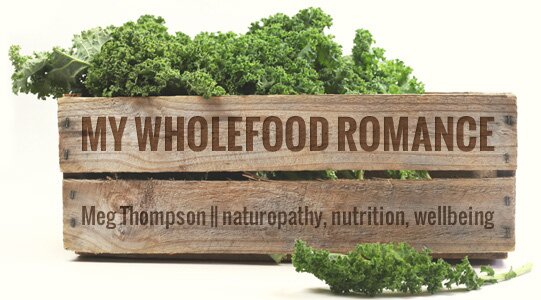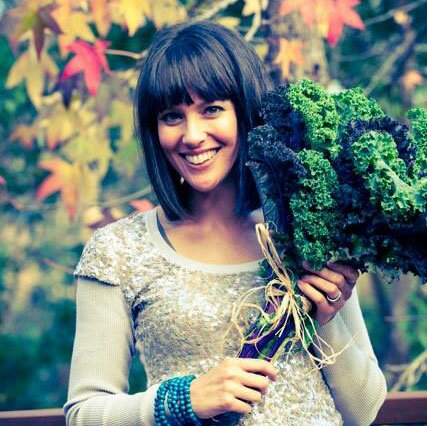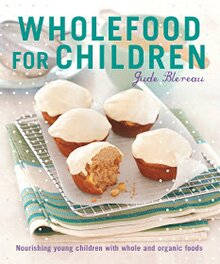
October is breast cancer awareness month, but I think we could approach it as breast health awareness month! There is a lot of promotion around for regular breast screening at the moment. I’m not dissing the usefulness of this technology, but I think it’s also important to recognise our own digital technology – as in our own fingers! Ha! Getting to know your own breasts and how they feel gives you the power to detect early changes or irregularities which can then be checked out if needs be. The common argument is that many women feel that they don’t know what their breasts ‘should’ feel like, what is right or wrong. There is no exact answer to this as everyone is different. The point of breast self examination is becoming familiar with your normal, and being able to notice if something has changed or is not quite right. Sure it is not an exact science, you don’t come away with a piece of paper telling you that you are within ‘normal’ limits, but the information and knowledge that you receive about your own body is invaluable! Breast self examination should be performed after menstruation, or at the same time each month if you are not currently menstruating. It involves physical examination as well as visual inspection of your breasts. Check out here, here and here for a guide on how to do it yourself.
So what can we eat to help our beautiful bountifuls stay beautiful? Vitamin D is huge in breast health and breast cancer prevention. A recent study on Australian women has shown that those that live south of Coffs Harbour are twice as likely to get breast cancer due to the lack of vitamin D. This is something that we should all be checking, not just for breast health, but for immune function, bone health, mood and cardiovascular disease prevention. If you are deficient, your friendly health professional will be able to help you to choose an appropriate form and dose that is right for you. You can also boost your levels by eating foods rich in vitamin D such as oily fish, eggs, shitake mushrooms and sunshine!
There are a variety of foods that can contribute to healthy breasts, including green tea, berries, linseeds, tumeric and cruciferous vegetables (broccoli, cauliflower, cabbage, kale, silverbeet, brussels sprouts and bok choy). I love cruciferous vegetables as they are brimming with antioxidants, vitamins A, C and E, and the all important indole-3-carbinol (I3C). I3C is protective against oestrogen dependent cancers (breast, endometrial, cervical) as it negatively regulates oestrogen, inhibiting tumour growth. Studies have found that this compound works best when eaten as a WHOLE FOOD! Hooray! Cooking does have a negative impact on the old I3C, so try to keep it as raw or lightly cooked as possible. This is where your green juices are ideal! You could also make a kale slaw as pictured above (recipe to come next week – watch out for the divine dressing!).
For another idea, try a green soup!

The great thing about green soups is that you can just thrown in a bunch of greens and end up with a delicious soup, or a sauce to use on other dishes!
Here’s what I did.
Silverbeet and Shitake soup
1 bunch silverbeet, roughly chopped
1 small white sweet potato, chopped into small cubes
1 onion, chopped
2 large cloves garlic, chopped
1 tbs tamari
tumeric
black pepper
sea salt
A pinch of dulse flakes
3 – 4 fresh shitake mushrooms
In a large pot, saute the onion over medium heat in a little oil, add the garlic and a few shakes of tumeric and cook until fragrant. Add the sweet potato and mushrooms and cook until nicely golden. Add your silverbeet (or other greens) and a good slog of veggie stock/water, the tamari and cook until the greens are just wilted.
Blend, season with salt and pepper to taste and finish with a squeeze of lemon juice, a pinch of chilli powder and a sprinkling of sesame seeds. Enjoy as a soup, as a sauce, or with rice/quinoa/buckwheat topped with 1/2 an avocado and some diced cucumber or vegetables of your choice. Make it your own!
P.S. Shitake mushrooms are well documented for their awesome effect on the immune system, and have some lovely studies showing their use in preventing cardiovascular disease, along with antioxidant and antitumour effects – bonus!
Dessert? This raspberry and green tea sorbet is perfect.
Much joy and deliciousness, x.











